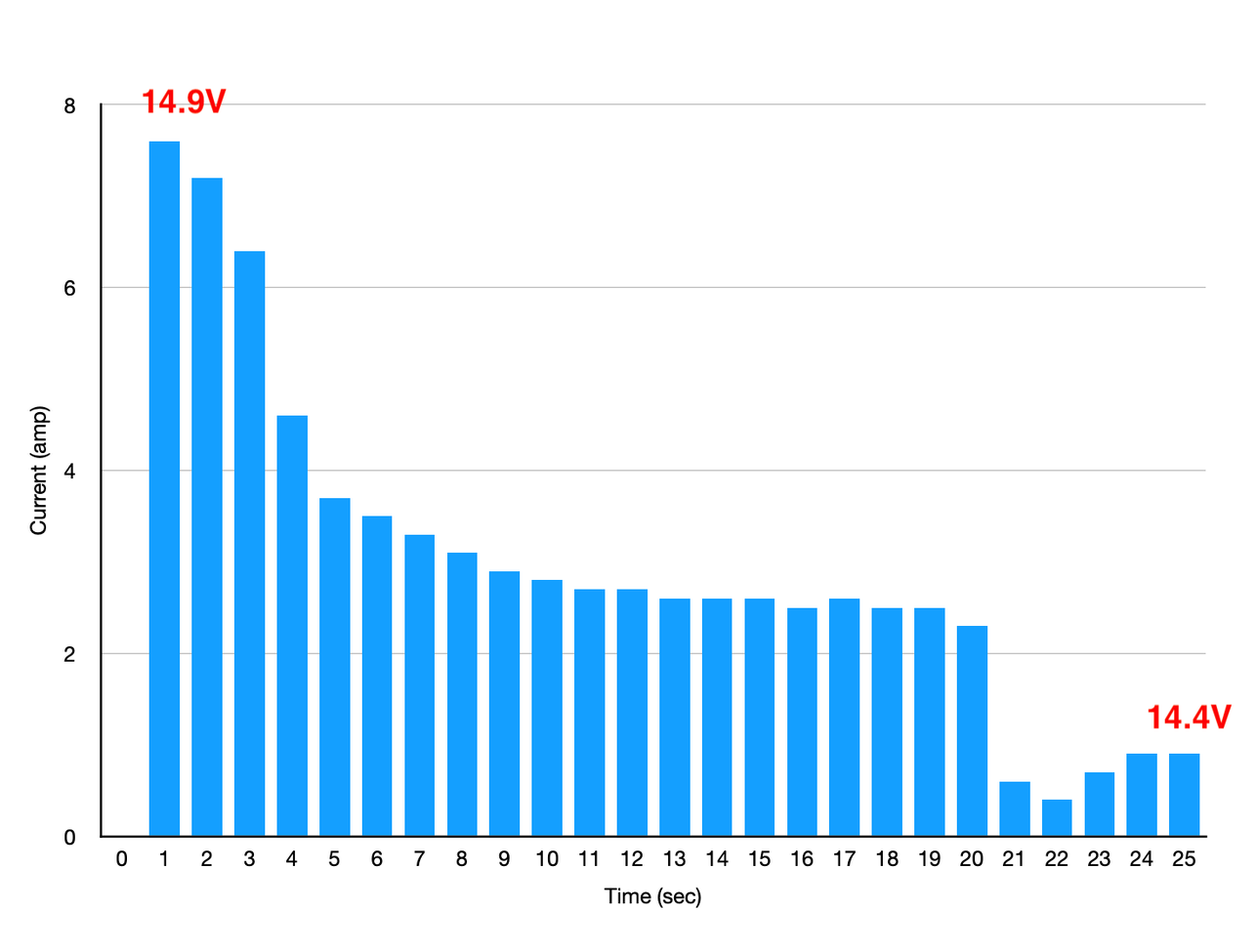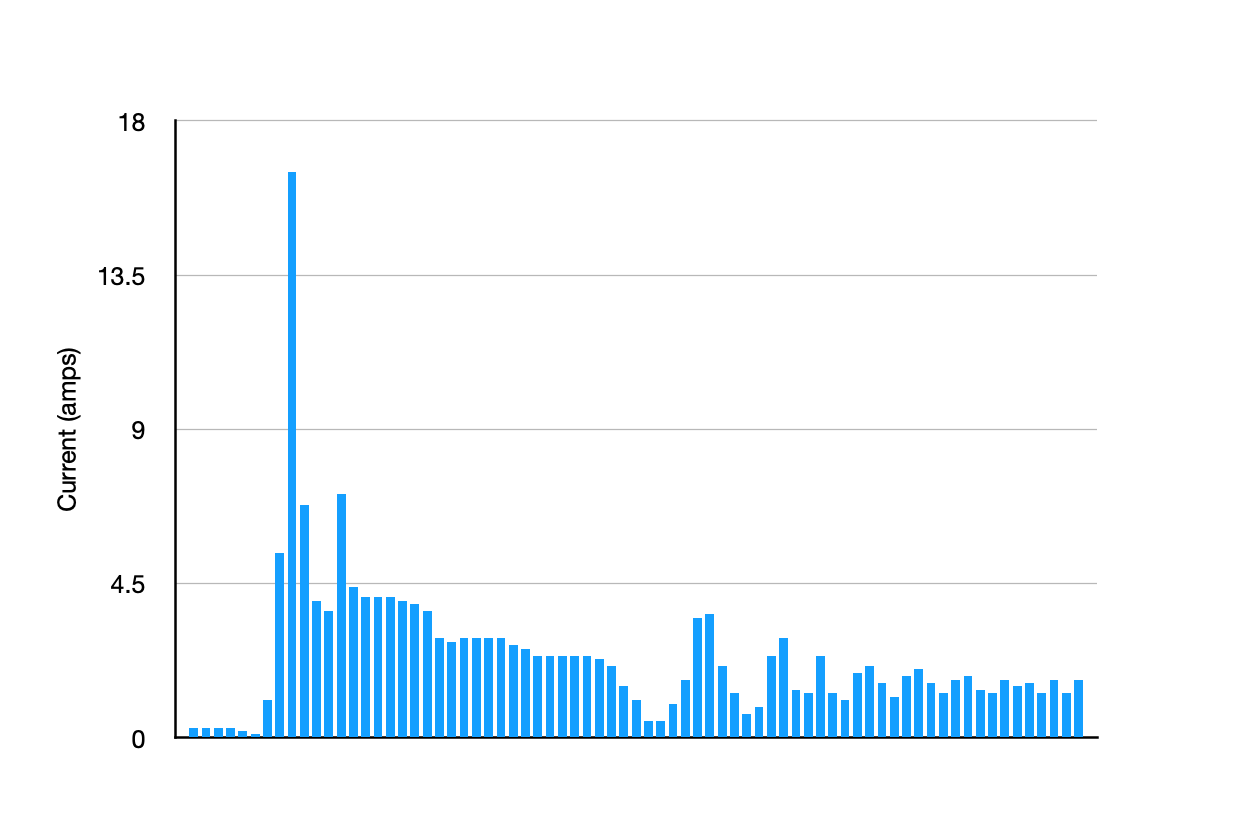The charge and float voltages of my inverter / charger have always been too high. Like 0.3V higher than the expected voltages for the selected battery type. At least, when selecting AGM1 or AGM2.
A few weeks ago, I noticed that when connected to shore power and turning the inverter on, the voltage jumps to 15.5V and then stabilized to charge voltage in the following minute.
I contacted Roadtrek and the inverter manufacturer and both suspect that is caused by a bad battery. At least, the initial voltage peak.
What do you think? Can I bad battery cause this? I did a discharge test on my battery like two weeks ago and I could draw a 5A load for 12 hours. Battery also hold charge.
Thanks!!!
A few weeks ago, I noticed that when connected to shore power and turning the inverter on, the voltage jumps to 15.5V and then stabilized to charge voltage in the following minute.
I contacted Roadtrek and the inverter manufacturer and both suspect that is caused by a bad battery. At least, the initial voltage peak.
What do you think? Can I bad battery cause this? I did a discharge test on my battery like two weeks ago and I could draw a 5A load for 12 hours. Battery also hold charge.
Thanks!!!



